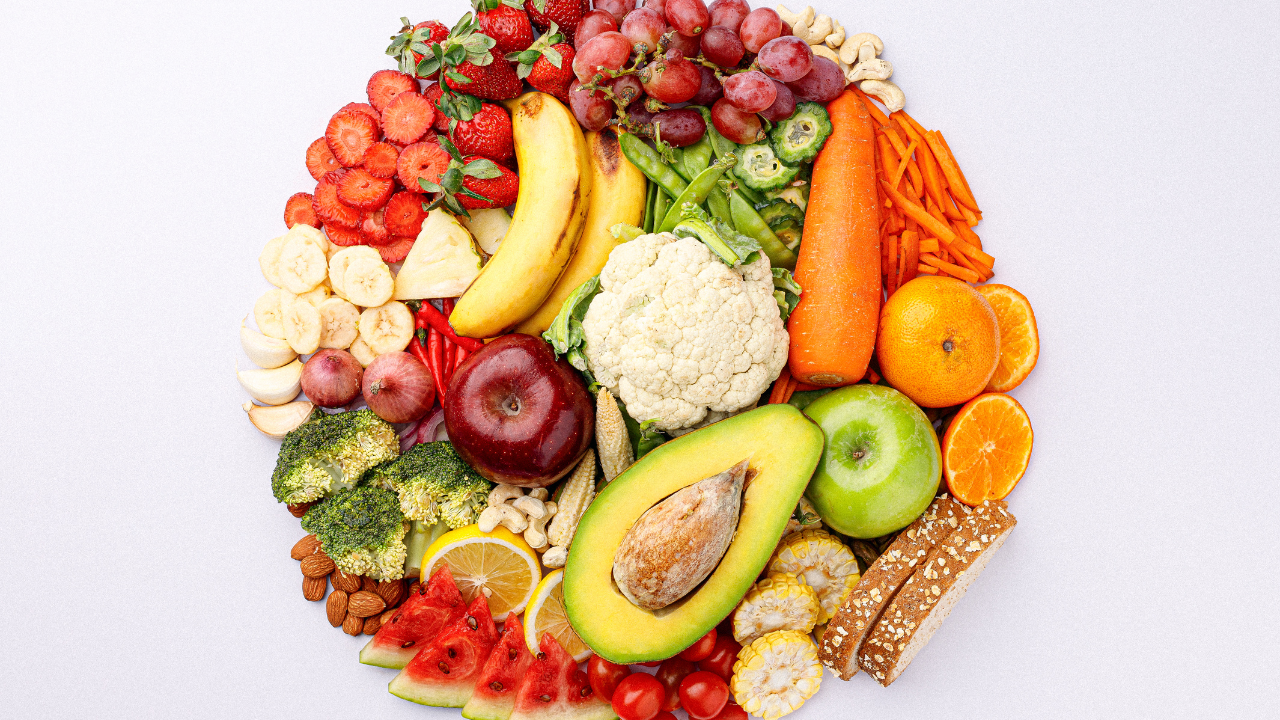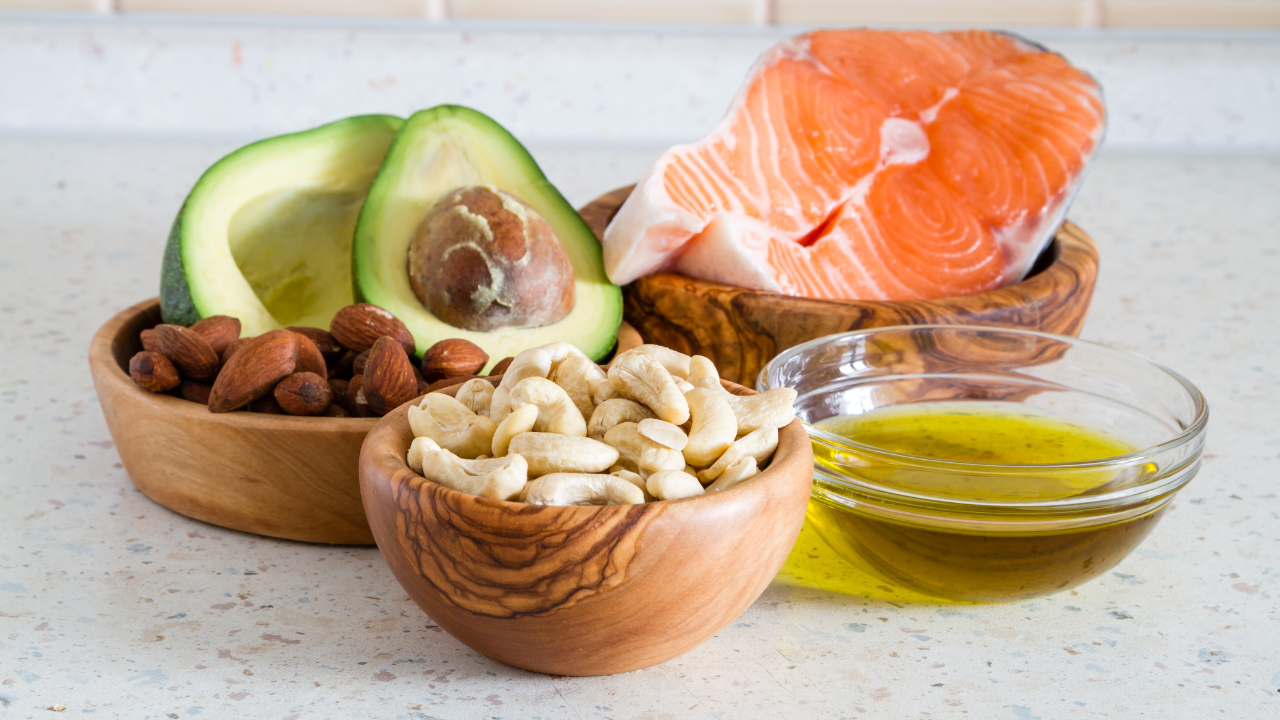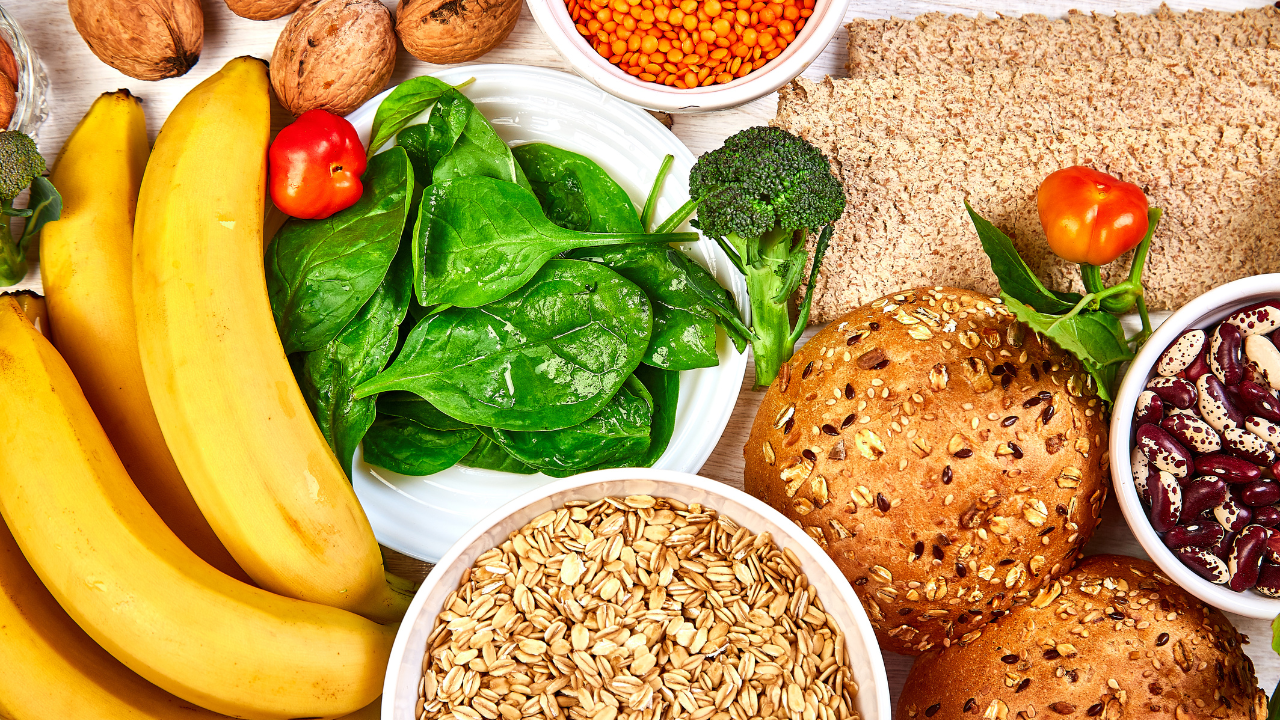Natural and Sustainable Shifts to Balance Your Hormones With Diet and Lifestyle
When our hormones are in check, it’s really no surprise that we feel our best. Our metabolism is working well, energy is balanced and we feel more ‘zen’. I’m constantly asked about supplements, restrictive diets, activities to achieve fitness and wellness goals, but in clients where I suspect hormone balance might be playing a role in inhibiting progress to their goals, addressing hormones is key.
But in reality, it’s more simple than diving into detoxes, a slew of supplements, etc. These basic tips above can make a world of difference. Here are my top strategies.
Eating Regularly
Avoid under-eating or overeating. Eating too little or too much has been shown to result in hormonal shifts and possible weight issues.
Regularly overeating can increase your insulin levels and lower insulin sensitivity, thereby leading to metabolic issues in the long-term especially in people who are already overweight or obese. On the other hand, not getting enough calories can result in heightened levels of the stress hormone cortisol, which can sometimes promote unintentional weight gain.
Make sure to follow your hunger levels during the day, and eat to satisfy your natural hunger cues. Aim to eat at regular times and avoid going too long without eating to help maintain hormonal balance and eating adequately to satisfy your body’s needs.
Protein
Getting enough protein throughout the day is extremely important as protein plays a key role in influencing the release of hormones in charge of appetite and how much you eat depending on those hunger signals.
Numerous studies have demonstrated that increasing protein intake decreases the effect of the hunger hormone ghrelin, while increasing levels of satiety hormones PYY and GLP-1.
Include sources of protein at each meal & snack, and make sure to spread them out throughout the day to keep your hormones in control.
Best sources: grass-fed & pastured meats (chicken, turkey, beef). greek or skyr yogurt, cottage cheese, soy milk, tofu, tempeh, edamame, chickpeas, beans, lentils, eggs, egg-whites, nuts/ seeds
Cruciferous Veggies
These vegetables contain a compound called Indole-3-Carbinol which has been shown to have anti-estrogenic effects and may help to balance estrogen levels in the body as well as reducing the risk of hormone-dependent cancers. Aim for 1/2 – 1 cup servings of these veggies per day for most days of the week to reap their benefits.
Sources:
Arugula
Bok choy
Broccoli
Brussels sprouts
Cabbage
Cauliflower
Collard greens
Horseradish
Kale
Radishes
Rutabaga
Turnips
Watercress
Wasabi
Movement
Engaging in regular exercise can strongly influence hormonal effects. Benefits of physical activity include preventing overeating through regulating your appetite hormones,10 and has the ability to decrease insulin levels and increase insulin sensitivity. Some studies have also linked being physically active to the health of muscle-maintaining hormones that typically decline with age, including testosterone, IFG-1, DHEA and growth hormone.
Reduce your risk of disease and maintain muscle mass by aiming to regularly incorporate moderate-low activity into your lifestyle and some higher intensity activity in moderation.
Want a simple meal plan to meet your body composition goals?
Check out my meal plan collection - handpicked recipes with grocery list to optimize your metabolism,build muscle and lose body fat!
Stress Management
Research has associated a strong link between stress and hormone levels. Cortisol is the major hormone that’s elevated during chronic stress, and can contribute to excessive caloric intake and weight gain. Other adverse side effects of unbalanced stress hormones are changes in mood and even the development of heart problems.
Try using some proven stress control methods that can help keep cortisol in balance, such as mediation, gentle yoga, and getting good quality sleep.
Choose High Quality Carbs
We need carbs for hormone support, but want to emphasize carbs with fibre most often, as these are ones that are digested more slowly and provide us with more slow digesting sugar (rather than a fast spike). Good quality carbs we want to choose more often are:
Starchy vegetables (sweet potato, potatoes, squashes, green peas, plantain, cassava, beets)
Whole grains (quinoa, wild rice, buckwheat, amaranth, millet, bulgur, farro)
Legumes/ beans
Whole fruits
Limit refined carbs and added sugar, such as: white breads or pastas, products with additional sugar (such as sweetened yogurts, cereals, granola bars), sugary drinks (pop. Juice), and have desserts and sweets as treats on occasion.
Healthy Fats
Choosing to consume healthy fats can help maintain a balance of hormones involved in appetite, metabolism and feeling full!
Include a healthy fat with each meal such as:
Chia
Ground flax
Hemp hearts
Natural, unsweetened nut or seed butters
Avocado
Extra virgin olive oil
Avocado oil
Grass-fed butter, cheese or yogurt
Fatty fish (salmon, trout)
Whole eggs
Avoid or limit more ‘pro-inflammatory fats’: refined vegetable oils (corn, canola, soybean), fried/ packaged snack foods, processed deli meats.
Eat Fatty Fish / Omega-3s
The anti-inflammatory omega-3 fatty acids found in fatty fish have many benefits on hormonal health and the brain, including lowering of the stress hormones associated with mood disorders and anxiety.
Include omega-3 rich fish 2-3 times per week: salmon, trout, mackerel, sardines, or consider a supplement if you are plant-based*.
High Fibre Diet
Fibre doesn’t only play a role in gut health. Eating a diet rich in fibre is another great way to regulate the hormones involved in appetite by making you feel fuller for longer, and can also increase your insulin sensitivity to maintain a healthy weight. Adults should aim for around 25g of total fibre per day from fruits, veggies, legumes and whole grains.
Summary
As you can see, both diet and lifestyle strategies are key for supporting your hormones naturally.
For more fitness, metabolism and wellness tips, be sure to follow along with me on instagram at leighmerotto_rd.
P.S. Do you want to fuel your activities, increase your energy, support your metabolism and feel GOOD around food? Apply for my 1:1 fitness nutrition coaching program and let’s get you on the road to vibrant health & fitness!













